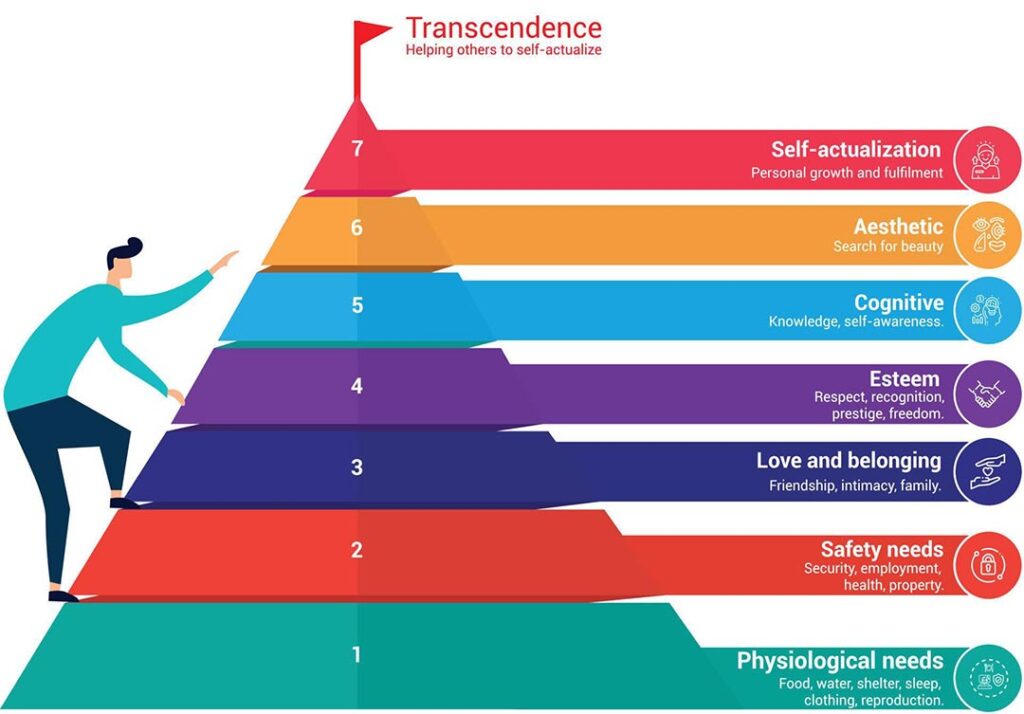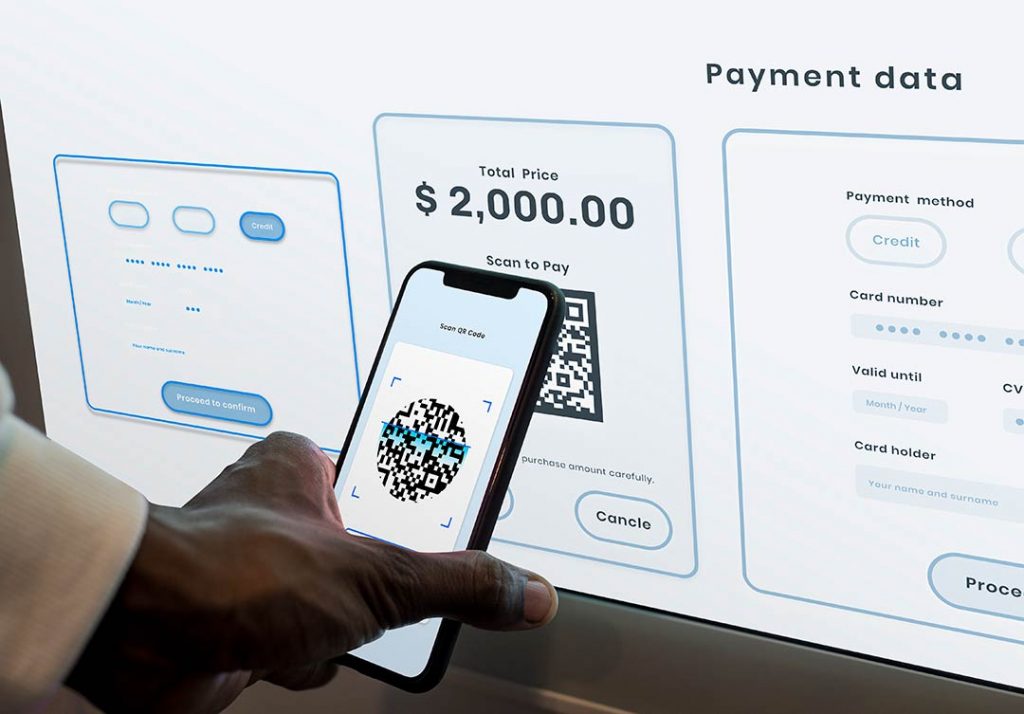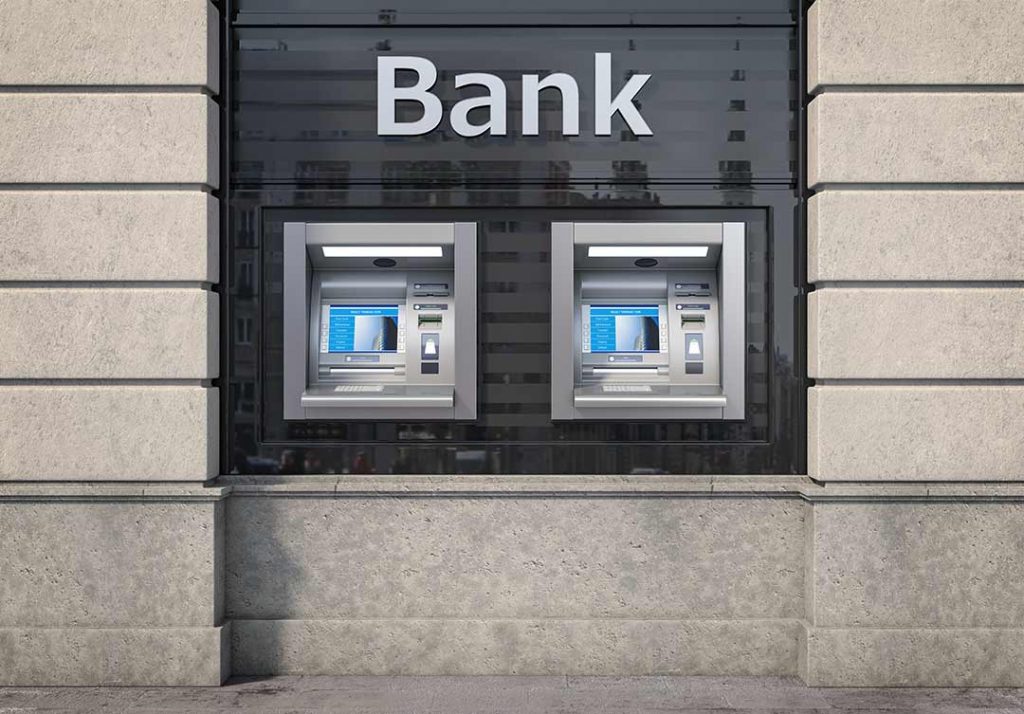With the European Central Bank considering to investigate for a digital currency and the rise of the FinTech companies we feel the technology being indispensable for the finance world and as we see how banks have evolved from being just branches to our pockets/phones and computers in recent years, this becomes concrete proof that we have entered a new era, rather than just a feeling.
The world of finance will continue to change in the coming years, driven by digitalization and the new business models brought with it and for sure it is not only FinTechs who keep up with this digitalization, but also the established banks keep up with the new era to protect their place/position(?) in this world with the digital banking system.
Quick, easy and seamless. These are the words that define digital banking. To be Kindness is an important virtue. Kindness in all areas of life makes relationships long-term, provides the language of deserved speech, and results in high satisfaction with the environment and people. It may be that a kind person is weak, but being kind requires courage and strength.
Who does not like to hear a kind word, to be thanked, to be helped, to celebrate success, to give kind feedbacks. Of course, the dosage of kindness is very important. When the dosage is low or high, it can harm. If the other party tries to take advantage of the kindness shown, it is possible to manage it. It is possible to be assertive besides kindness.
What is kindness in the business world?
- In the subordinate-upper relations; What is the spoken language in the boss-employee relationship?
- How does the communication language used affect the performance result?
- How has this affected performance in companies where kindness has not been experienced to date?
- Which measurement method is used in this subject?
- What is the consequence of insulting a person or criticizing them negatively in a significant dimension at the meetings?
- What is the purpose here?
I believe that companies of all sizes should give their own answers to these questions.
Gentle leadership; means success. The gentle leader is not weak. A calm, humble, polite leadership style achieves success. Clarity of expectations, accurate and courteous feedbacks, encouraging growth and transparency are the main topics that positively affect performance. When a decision is required that can adversely affect people, it is the responsibility of the leader to express it gently.
Gentle leadership is to treat people like people. Gentle, strong leaders create a happier, more profitable workforce. For employees, courtesy creates greater happiness and satisfaction, higher motivation and energy. The contribution of employees increases and naturally increases loyalty. The relationship between management and employees can be more creative, innovative, collaborative and positive when there is trust.
In companies with high employee contribution, there is an organization open to the development and progress of the employee. It also results in an organization that good talent will want to work and prefer.more specific Digital banking is the digitization of all traditional banking activities and programs that were only available to customers when physically inside of a bank branch. Those services
are now offered to a customer on their computer, smartphone, or tablet which is like carrying the banking facility with them all the time.
Is the first step of the finance sector in this digital era? Of course not. The banking sector started to take the first steps for electronic banking with the internet becoming accessible in the 1990s, but the real transformation took place when smart phones came into our lives in the 2000s.
The fact that more than sixty percent of bank customers prefer their cell phones as a tool for digital banking is proof that the smartphone as part of our lives is one of the most important factors in terms of banking development.
Even in Germany, where people tend to be skeptical about digitization for security reasons like data privacy , a major shift can be observed. “ Digital Finance” survey conducted by the digital association Bitkom and summarized in this study report: 53 percent of young citizens (16 to 29 years old) completely forgo visiting their bank branch, while only 7 percent of the total population relies on branch visits. And while just one in two used online banking in 2014, four-fifths of Germans do so today.
The only reason for the spread of digital banking is not that people no longer want to wait in bank lines with the ease of technological developments. We entered a new era after Covid 19, and this era has accelerated digitalization and made it more involved in our lives.This period has pushed us to do our work from home, via computers or phones. This sudden increase in the demand for digital platforms also enabled the sectors to show a development in digitalization that would normally take 5 to 10 years in this short period of time and of course to stay in the competition also the banking sector made great investments on the digitization during Covid. In order to survive in this accelerated digital transformation process, banks need to be well-organized and be ready to integrate the new business models into their strategies.
According to a study conducted by Deloitte 60% of banks shortened the opening times of their branches or kept them completely closed, but in this process, many of them reached their customers with new digital features and continued to provide services. 34% of banks have fully digitized their account opening, 23% remote identification and verification, and 18% contactless payments.
According to a study by BCG, seventy percent of companies fail in their digital transformation. So why is it that only thirty percent of them are successful? Digital transformation can lead to success if you have a clear goal. Digital transformation is successful when you look at it from a completely new angle and think customer-centric when creating the roadmap.
Institutions that want to be successful in this transformation should not view digital banking as an addition or upgrade to their existing business model, but as a completely new business area. By carefully planning the steps to be taken, they should have an appropriate IT infrastructure in place to maximize customer satisfaction and resolve issues as quickly as possible, incorporating concepts such as cloud banking and blockchain.
Cloud banking is one of these concepts that is considered as a key to success in the mentioned digital transformation; it is a concept that has emerged with the usage of cloud computing technology in the banking sector. Cloud computing refers to the supply of various services over the Internet, including data storage, servers, databases, networks, and software. Cloud computing is not only a fast and reliable option for information storage and backup, but also offers financial benefits to its users, as it does not require any additional physical equipment. Although the early adopters of this technology are finTech companies, the fact that a commercial bank like Deutsche Bank has signed a 10-year contract with Google Cloud shows how well the industry has been keeping up with this change. In addition to that, Blockchain technology is a technology that still needs to be developed in terms of energy efficiency and related issues, but with such features as being not committed to a single center and eliminating the difficulty of finding a reliable intermediary, it allows transactions to be carried out much faster, safer and for sure more profitable.
In conclusion, the changing demands of consumers and the benefits of technological developments have brought us to a new point. In order to survive and to stay up to date, it is necessary and inevitable to transform the traditional methods to digital ones.
Share:
Related Articles

Healthy Growth: Why Organizations Sl ...
Companies want to grow. More market share, higher revenues, larger organiza ...

Sustainable Leadership: Power Built ...
Today, the concept of sustainability sits at the center of almost every str ...

Why Do Managers Struggle with Genera ...
A reality long felt in the business world is this: there is a natural diffe ...

Leadership
Support, love, and trust received in childhood nurture self-confidence, cou ...

Generation Z: Not Just a Mirror, but ...
One of the most frequent complaints in today’s business world is: “Young em ...

A New Era in Business with Artificia ...
The Industrial Revolution began with steam. Then came electricity, computer ...

The New Face of Entrepreneurship: Wo ...
The new generation of entrepreneurship is no longer solely profit-driven; i ...

Understood Employees Contribute and ...
In the corporate world, we often hear statements like: “They’re talented, b ...

The Silent Power of Corporate Succes ...
In today's business world, organizations operate in an environment shaped b ...

Customer Relations and Training in B ...
Bancassurance, a business model in which banks market insurance products to ...

What Awaits the Business World? A St ...
Digitalization is no longer just a technological trend but a necessity for ...

Digital Transformation in Conflict M ...
Conflict is a reality we encounter in all aspects of life. Whether at home, ...

The Road to Success: Market Dynamics ...
In today’s rapidly changing market conditions, the importance of management ...

Leadership in the Digital Age: A New ...
Leadership in the digital age requires embracing continuous learning, innov ...

Mastering Risk Management
Mastering risk management is not merely an option for businesses but a nece ...

International Banking in Germany: A ...
Germany, with its strong industrial structure, high-technology products, an ...

Leadership and Maslow's Hierarchy of ...
Abraham Maslow's hierarchy of needs is a fundamental psychological theory u ...

Leadership and Sustainability of Org ...
Today's business world is characterized by continuous change, technological ...

The Importance of Coaching Skills f ...
The Importance of Coaching Skills for LeadersCoaching skills are essenti ...

Fintech in Turkey: The Rise of Finan ...
Fintech in Turkey: The Rise of Financial Technology

Bancassurance
Bancassurance is a business model that is among the financial services offe ...

Banking and Frankfurt
When the banking and finance sector in Europe is analyzed, it is seen that ...

Digital Banking and Germany
Digital banking is a banking service where customers can do their banking o ...

Banking in Germany
Euro used since 2002 in The Eurozone, the currency of 19 EU members. There ...

Strategic Communication
Strategic communication plays a critical role in the success of an organiza ...

Importance of Supply Chain
The supply chain is a critical factor in which a company manages the flow o ...

Key to Success: Going Digital
Digital transformation is a transformation process that aims to increase th ...

Welfare
Poverty and inequality are one of the biggest challenges the current societ ...

ChatGPT
ChatGPT, developed by the OpenAI company known for its work and research in ...

What is Emotional Intelligence and w ...
Emotional intelligence (also known as emotional quotient or EQ) is the abil ...

The Importance of Women's Employment ...
Women's participation in the workforce is closely related to the level of d ...

Digital Banking II – Digital Banking ...
A serious step taken for the spread of “digital banking” in Turkey, providi ...

The Perception of Morality within Ma ...
If everybody in the world jumped out of a window, would you? This question ...

Digital Banking
Digital banking is a banking technology that offers customers the opportuni ...

Banking, Artificial Intelligence and ...
We have heard the concepts of metaverse, artificial intelligence and machin ...

Green Asset Ratio
Sustainable finance has an important place among the investments made for t ...

Servant Leadership
There is an effective form of management that we often hear about today: se ...

Sustainability In The Global Banking ...
Before Covid-19 wreaked havoc on the world’s economies, the global banking ...

Revolution of Digital Banking
With the European Central Bank considering to investigate for a digital cur ...

Taking Action and Making Decisions i ...
Uncertainty is the fact that an event is not within the framework of certai ...

Wind of Change
Change is an important concept that must be managed for employees at all le ...

Organizational Justice
“What is justice? Giving water to trees. What is injustice? To give water t ...

Open Banking
Digital transformation has started to show its effects in every aspect of o ...

Digital Literacy And Corporate Life
There are many innovations that managers and employees need to follow in or ...

Financial Literacy
The words money and economy are two important concepts that have a great pl ...

Sustainability and Bank
The solutions we have found to our various needs throughout history and ada ...

Adaptability, Flexibility and Leader ...
Being able to adapt to changing conditions is very, very important not only ...

Creativity and Leadership Relationsh ...
The world is getting more competitive every day. For this reason, the servi ...

Competitive Analysis and Banking Sec ...
Competition analysis requires you to examine your direct and indirect compe ...

Delegation in Management
The statements "two heads are better than one" or "teamwork makes the dream ...

Climate Change
All creatures evolve to best adapt to environmental impacts. Those who are ...

Change of Banking Service Channels i ...
Global crises such as the pandemic, force the existing structures to change ...

Innovation
It is undeniable that innovation has a very important place in today's worl ...

Artificial Intelligence
Artificial intelligence is no longer just something specific to science fic ...

Entrepreneurship
Entrepreneurship is the process of starting a new business that incorporate ...

Global Leadership
The world is changing day by day and the information we have today is out o ...

Resilience and Leadership
We encounter many events in life that cause us difficulties and stress. How ...

Entrepreneurial Spirit for Leaders
Why is important for success? The conventional perception of entrepreneursh ...

Finance Leadership in a Pandemic
Crises bring along a period in which institutions need to review their fina ...

Crisis Management
Crisis is a state of tension that puts the existence and goals of an organi ...

Strategic Leadership and Pandemic
Strategic Leader is the person who sets the roadmap to achieve the ultimate ...

Awareness, Appreciation, Success
It is very important for a person to recognize himself, discover his power ...

Woman and Career
People who are raised by unemployed mothers have a mother model in their mi ...

Conflict Management
In the broadest sense, conflict is disagreement between two or more people ...

Leading with Kindness
Kindness is an important virtue. Kindness in all areas of life makes relati ...

Smart Meetings
Meeting management is the process of managing all stages and components of ...

Negotiation Management
Negotiation is defined as a dialogue aimed at reaching a common and benefic ...

Virtual Leadership
The repercussions of the digitalization process in business life were sprea ...

Manager and Patience
Patience is an important concept in management. Patience is active, not pas ...

Being All Ears
Human beings differ from other creatures in their way of communicating. Com ...

Networking
The fact that managers in the corporate world act with awareness of network ...

Asking Strong Questions
For managers, asking a strong question is an important skill. Managers, who ...

Managing Yourself
The manager at work is in communication with the other parts of the busines ...

Mental Immunity
In the fight against Coronavirus (Covid-19) pandemic, knowledge and awarene ...

